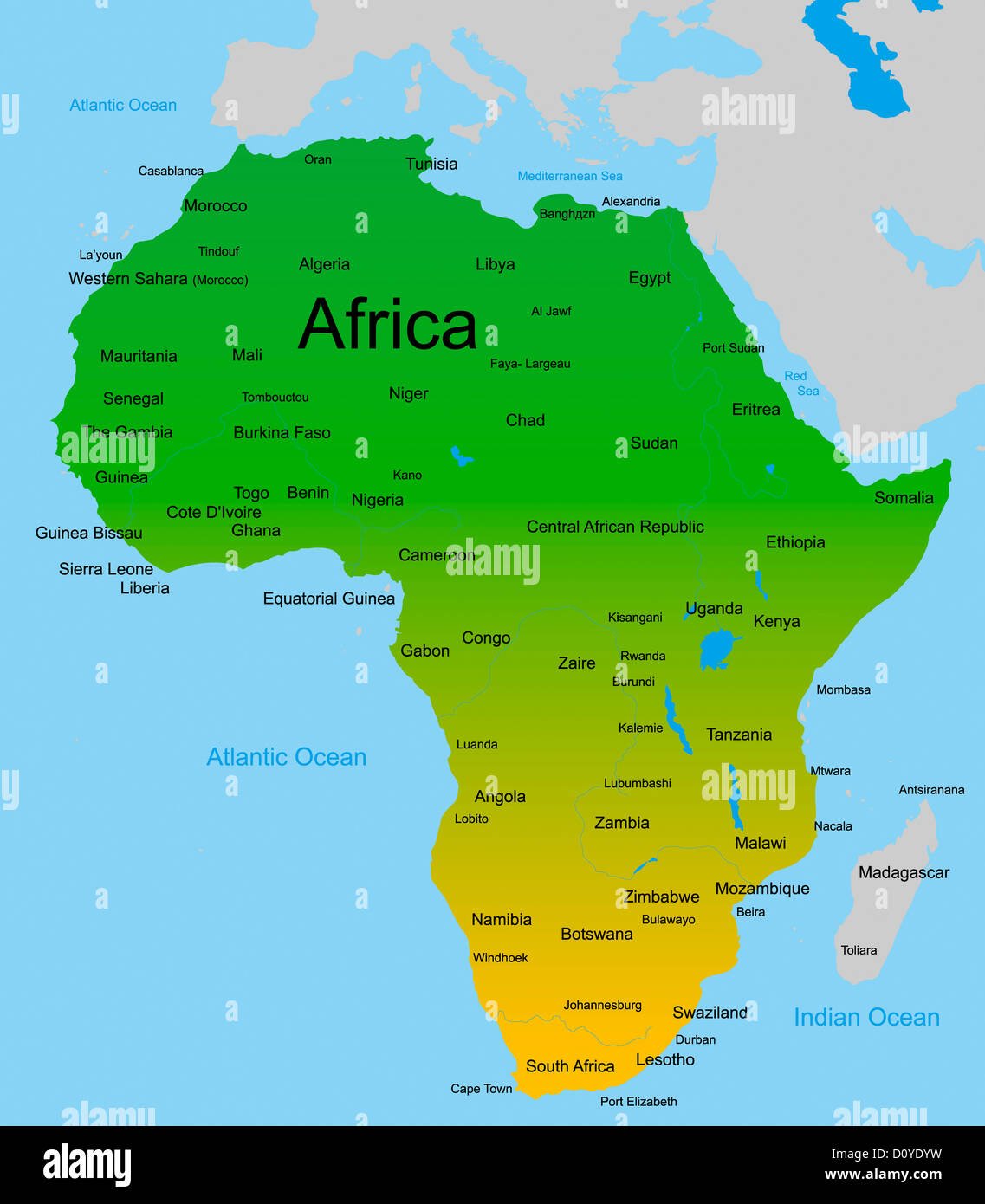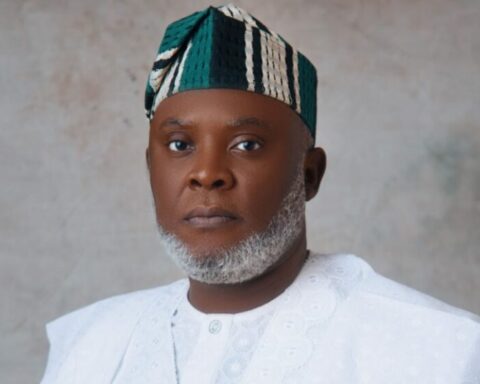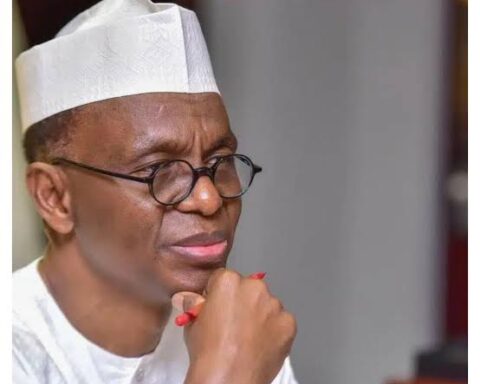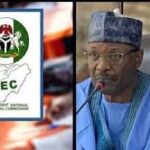What we today call “Africa” is not a singular civilization, but a cartographic wound. It is a dismembered geography now branded with 54 national flags, none of which existed before contact with the West. What unites this sprawling landmass is not simply skin or sun or ancestral drumming, but a shared history of being acted upon, partitioned without consent, governed without dignity, and narrated without voice.
It is a continent birthed through erasure.
Nearly one-fifth of the world’s population resides here, close to 1.4 billion souls, with a demographic engine of over 400 million youths between 15 and 35. This makes Africa not just numerically significant but strategically indispensable to the future of the planet. In a just configuration of global development, Africa would be its furnace of innovation, a moral counterbalance, a cultural renaissance. Yet that promise remains largely rhetorical.
Despite this numerical force, Africa lags across nearly every global development index, from political stability to institutional integrity, from human capital to industrial evolution, from public safety to civil behavior. These are not marginal deficits. They are structural dislocations. Chronic. Repeating. Embarrassingly tolerated.
What is more sobering and rarely admitted in plain language, is that the greatest threat to African advancement is no longer external manipulation but internal normalization. Normalization of decay. Of mediocrity. Of impunity. Of transactional politics masquerading as leadership. The continent, in too many places, has confused sovereignty with stagnation and romanticized its own captivity.
Post-colonial Africa now suffers from a deeper colonization: the colonization of the African imagination.
One must resist the temptation to read Africa’s tragedy as purely the artifact of colonial trauma. That diagnosis, though historically valid, is now intellectually lazy and strategically useless. Other civilizations have endured conquest, humiliation, and plunder, Europe after the World Wars, East Asia under colonial rule and conflict yet have rebuilt with ferocious will and internal coherence. Africa’s difference lies not in its pain, but in its response to pain.
Too many African states now operate as theatres of inherited dysfunction, where loyalty to ethnicity trumps loyalty to principle, and power is used to insulate elites rather than empower citizens. The public space has become a performance of appearances: hollow elections, recycled strongmen, youthful populations denied participation, and an elite so emotionally colonized they mimic their former masters while neglecting their own.
Even in its vast natural wealth, Africa reveals its paradox of being simultaneously resource-rich and value-poor. Extractive economies dominate where regenerative ones are needed. Development is often externally financed, externally advised, externally evaluated leaving national pride bloated in rhetoric but bankrupt in reality.
Perhaps the most damning indictment is this: Africa has grown too comfortable in discomfort.
Aid has become anesthetic. Crisis is now cadence. The spectacle of dysfunction include military coups, rigged elections, collapsed public systems, xenophobic surges are no longer shocking, only expected. A continent that should be outraged is instead often resigned. And this resignation, not colonialism, is now the primary engine of regression.
There exists across many of its capitals a profound lack of urgency. Nation-states coast on inertia. Intellectuals debate in echo chambers. Civil society is often co-opted or crushed. And the youth who are the demographic majority, are either exiting, escaping, or evaporating into digital illusions.
What is this if not a continental fugue state?
Africa cannot leap into its future while remaining emotionally wedded to the myths of its past and structurally loyal to the dysfunctions of its present. It must not only choose discomfort but this time, a different kind: the discomfort of change, of accountability, of building without handouts and evolving without excuses.
The following must now become non-negotiables:
– Radical Re-education of Leadership: Governance must be treated not as a prize, but as a duty. Africa does not lack leaders; it lacks leadership consciousness. We must retire the myth of the benevolent strongman and install leadership that operates with systems logic, civic humility, and regenerative design.
– De-normalization of Aid Dependency: Foreign assistance must no longer be the bloodstream of governance. Any developmental model addicted to grants is an empire in hospice. African economies must move from extraction to creation, from exporting raw value to building sovereign innovation engines.
– Cultural Re-sovereignty: Africa must reclaim its moral and philosophical architectures. A people stripped of their capacity to define value will forever remain at the periphery of power. Language, education, aesthetics, and institutions must become vehicles of identity not mimicry.
– Pan-African Institutional Reinvention: The African Union and regional blocks must be rebooted not as bureaucratic talk shops, but as accelerators of continental alignment. Our borders must be treated not as cages, but as bridges. If Africa cannot trade with itself, it cannot grow by itself.
There is a deeper truth that must now be spoken without apology: the world no longer owes Africa a miracle. It owes Africa respect, yes. Justice, certainly. But the actual construction of the African future is an inside job. No external blueprint, no borrowed economic dogma, no savior state can substitute for indigenous courage, structural integrity, and moral imagination.
This is no longer about guilt. It is about gravity.
Africa must now become unbearable to its own dysfunction. Only then will it be reborn.
——————————-
Dr. Charles Obiajulu Ugwu is a Social systems analyst, national development strategist. Dr. Ugwu works at the intersection of moral imagination, institutional design, and continental reawakening. He consults on regenerative transformation for nations and multilateral institutions.



























